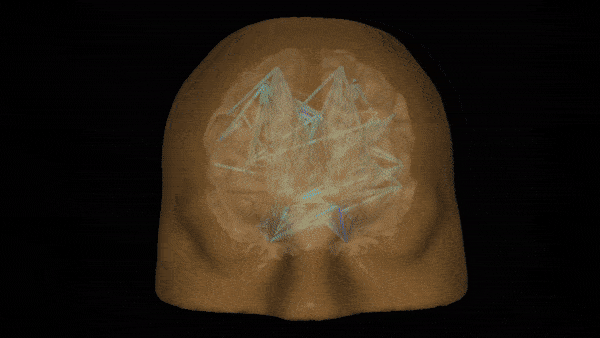Understanding Brain Fog: Symptoms, Causes, and How to Tackle It
Have you ever been in the middle of a conversation, only for your train of thought to vanish? Or perhaps a word or detail you were about to say is on the tip of your tongue, but it slips away. While this may seem like a normal aging issue, it can sometimes signal something more—brain fog. This term is often used to describe a collection of cognitive symptoms, and it can be a sign of underlying conditions. Let’s dive deeper into what brain fog is and how to manage it.
What is Brain Fog and What Are Its Symptoms?
Brain fog isn’t a specific diagnosis. Instead, it’s a combination of cognitive symptoms that can vary from person to person. Common symptoms include:
- Difficulty with focus and attention
- Trouble remembering details like names or words
- Slower reaction times and processing information
- Fatigue or lethargy
- Clouded judgment
- Frequent loss of train of thought
These symptoms might seem like memory problems, but they are more about difficulty processing and retaining information. You can’t remember details if the information isn’t properly processed in the first place.
The causes of brain fog are unclear, but several factors may contribute. For example, your immune system might trigger brain inflammation, leading to cognitive disruptions. Chronic stress, hormonal changes, and glucose imbalances can also worsen symptoms. Poor sleep and nutrition may further exacerbate the issue, and brain fog can be linked to psychiatric disorders in some cases.
Conditions That Cause Brain Fog
Many conditions can lead to brain fog. Some common examples include:
- Visual disturbances
- Anxiety and depression
- Chemotherapy treatment
- Food sensitivities
- Hypoglycemia and diabetes
- Autoimmune disorders
Recently, long COVID has also become a known cause of brain fog. The symptoms of COVID-19, like disrupted sleep or increased stress, can contribute to brain fog even after the initial infection has passed.
How to Manage Brain Fog
While there are no medications to directly treat brain fog, you can reduce its symptoms by making lifestyle changes. Focus on improving your sleep, eating a balanced diet, and staying physically active. These small changes can reduce stress, improve nutrition, and help regulate the immune system.
Improving brain fog is a gradual process. It won’t change overnight, but consistent efforts will gradually reduce symptoms and enhance your overall well-being.





